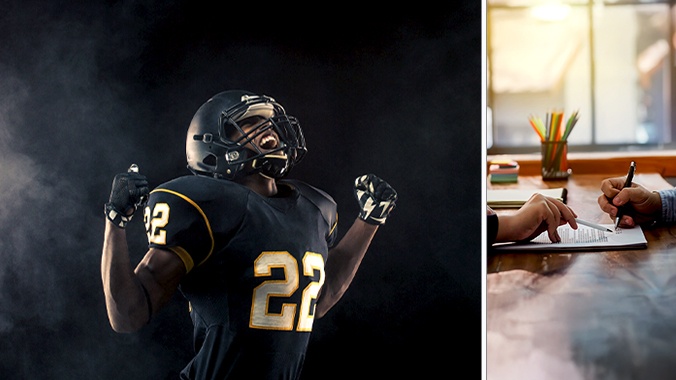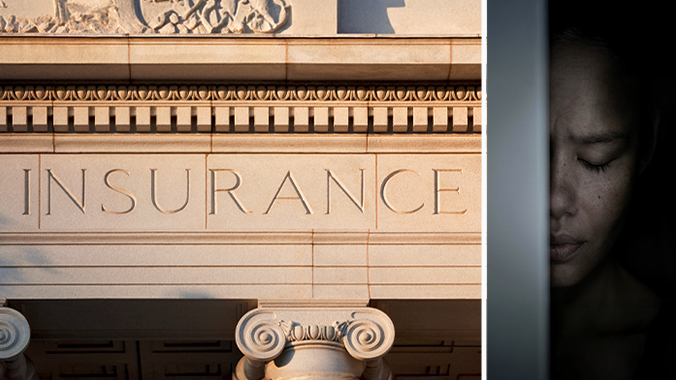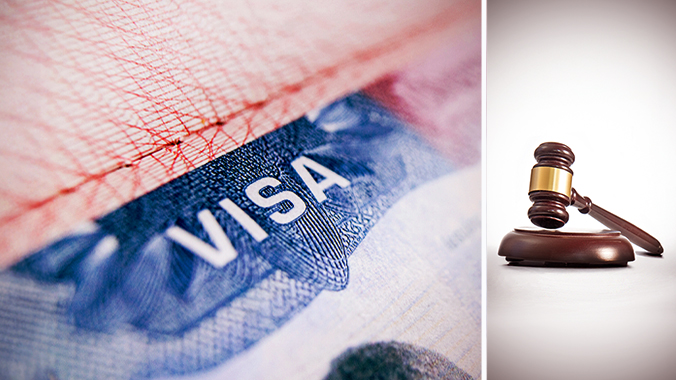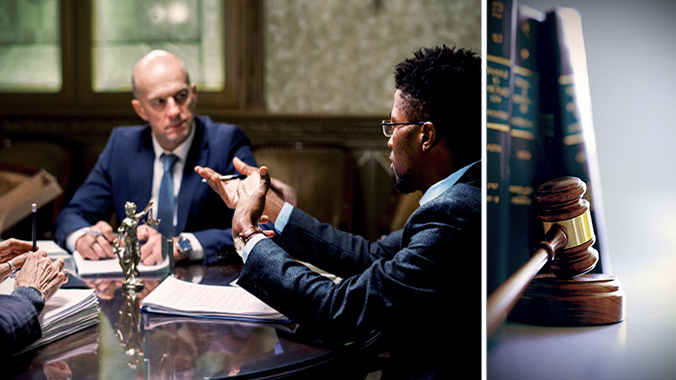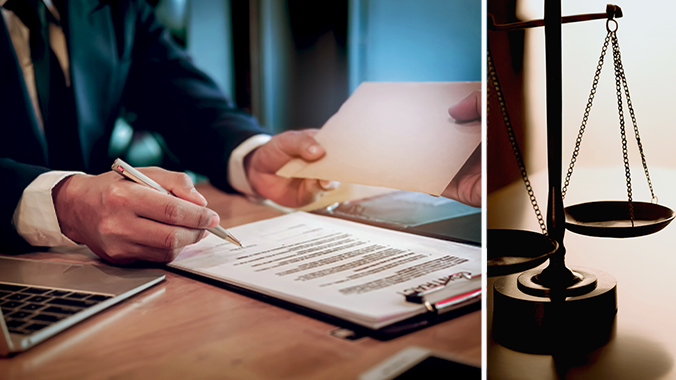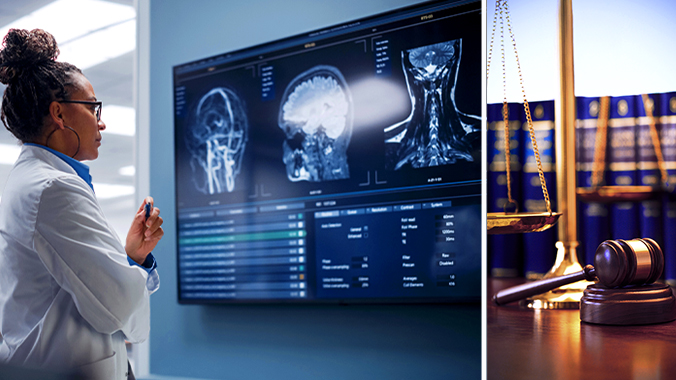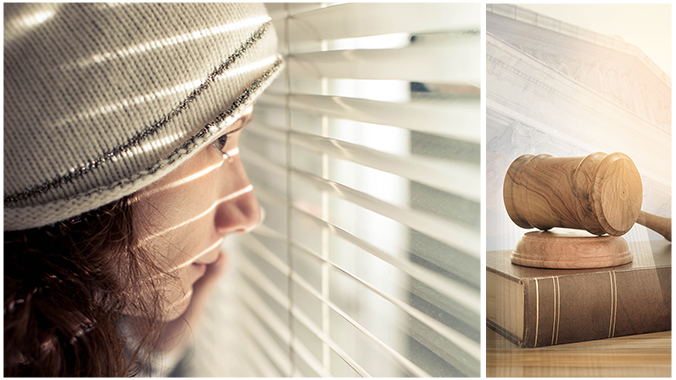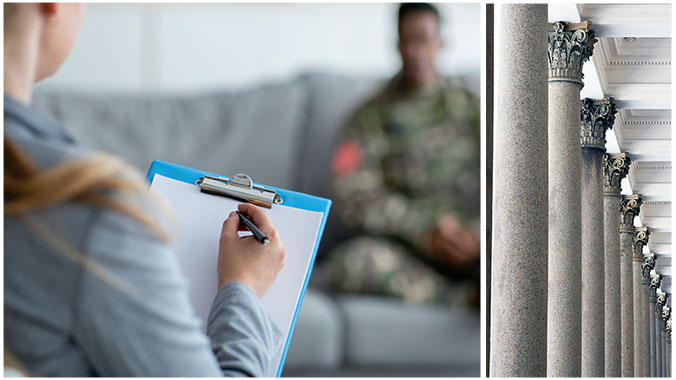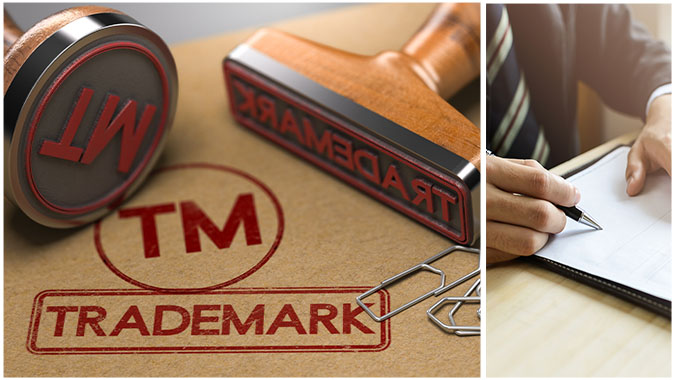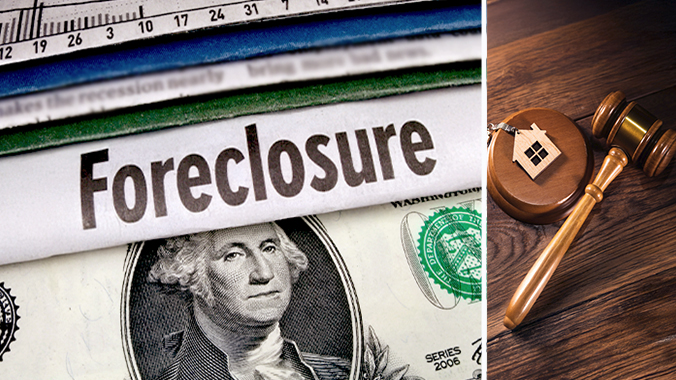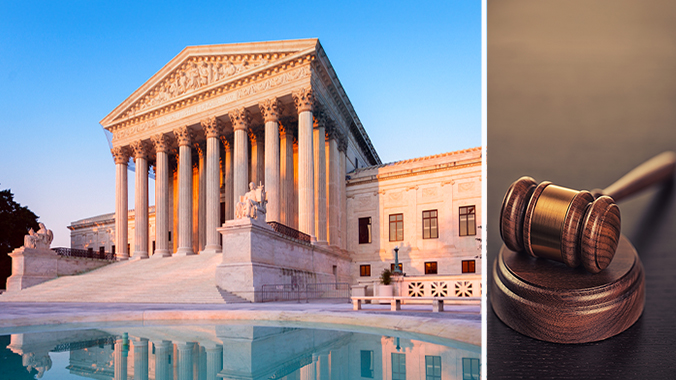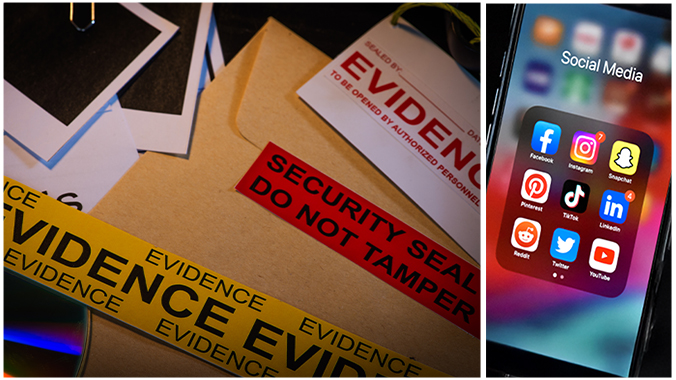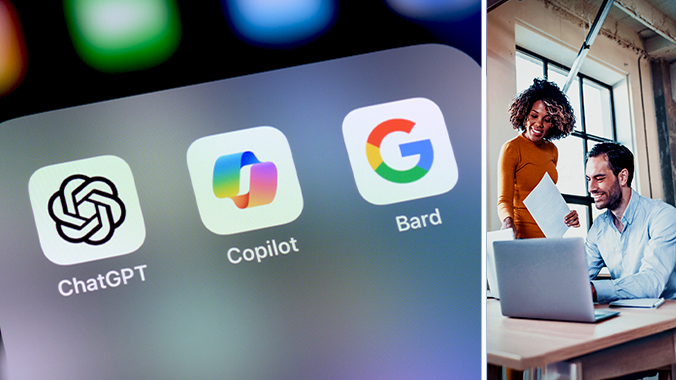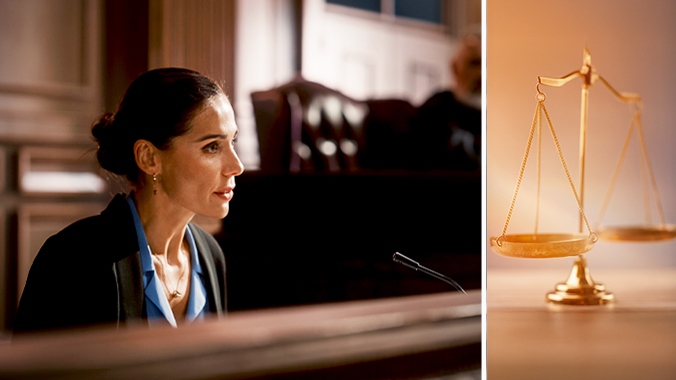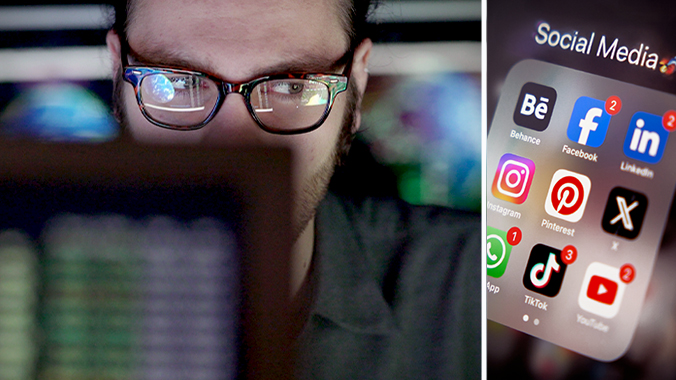Effective Legal Writing (Including 1 Hour of Ethics)

Chris is an appellate attorney who focuses his practice on complex legal issues in both federal and state courts of appeals.

Veronica J. Finkelstein is a 2004 graduate, with honors, of the Emory University School of Law and 2001 graduate, with dual distinction and dual honors, of the Pennsylvania State University.
On-Demand: March 27, 2024
2 hour CLE
Tuition: $195.00
Co-Sponsored by myLawCLE
Get this course, plus over 1,000+ of live webinars.
Learn More
Training 5 or more people?
Sign-up for a law firm subscription plan and each attorney in the firm receives free access to all CLE Programs
Program Summary
Session I - Writing for Screens: Crafting Clear and Effective Legal Briefs – Chris Edwards
In this program, we delve into the evolving landscape of legal writing, particularly in response to the changing reading habits of judges who increasingly opt for screens over printed briefs. As legal professionals, acknowledging and adapting to this digital shift is crucial. The webinar provides valuable insights and practical tips for effective legal writing in the age of screen consumption. It emphasizes the importance of maintaining a clear structure and readability, utilizing whitespace strategically for visual appeal, and carefully selecting fonts to enhance legibility on screens.
Key topics to be discussed:
- Crafting Structured and Readable Legal Briefs
- Whitespace as a Visual Aid
- Choosing Fonts for Screen Legibility
- Adapting to Screen Reading Habits
- Embracing Technological Change in Legal Writing
Session II - Ethical and Effective Legal Writing – Veronica Finkelstein
Legal news has been rife with examples of the ways in which ethics and legal writing intersect. From high profile cases involving artificial intelligence to evolving standards on citing slave cases as good law, no effective attorney can ignore professional responsibility considerations that impact legal writing. In this one-hour program, approved for ethics CLE credit, explore some of the many ways in which the model rules of professional conduct should impact your legal writing process.
Key topics to be discussed:
- Handling adverse authority
- The use of technology, including artificial intelligence
- Incivility in legal writing
- Following court rules and procedures
- Ghostwriting/plagiarism
This course is co-sponsored with myLawCLE.
![]() Closed-captioning available
Closed-captioning available
Speakers
 Chris S. Edwards | Ward and Smith, P.A.
Chris S. Edwards | Ward and Smith, P.A.
Chris is an appellate attorney who focuses his practice on complex legal issues in both federal and state courts of appeals. A North Carolina Board Certified Specialist in Appellate Practice, Chris has handled both civil and criminal appeals raising a wide variety of legal issues. To take a few examples, he has handled appeals in constitutional litigation, child custody litigation, employment litigation, equitable distribution litigation, estate litigation, municipal litigation, patent litigation, personal injury litigation, tax litigation, trade secrets litigation, and unfair competition litigation. All told, since joining the firm in 2018, Chris has presented more than a dozen oral arguments in state and federal courts, and he has been the primary author of more than 30 appellate briefs.
As an appellate attorney, Chris also works with trial counsel before a final judgment has been entered. In this capacity, he drafts and argues significant motions, consults on legal strategy, and works to set the case up for a successful appeal.
Before joining Ward and Smith, Chris was a law clerk to U.S. Circuit Judge G. Steven Agee of the Fourth Circuit and U.S. District Judge Louise W. Flanagan of the Eastern District of North Carolina. Outside of the firm, Chris is an active member of the appellate bar, administering the N.C. Bar Association’s Appellate Pro Bono Program and serving on its Appellate Rules Committee.
 Veronica Finkelstein | Wilmington University School of Law
Veronica Finkelstein | Wilmington University School of Law
Veronica J. Finkelstein is a 2004 graduate, with honors, of the Emory University School of Law and 2001 graduate, with dual distinction and dual honors, of the Pennsylvania State University. Finkelstein currently works as for the U.S. Department of Justice in Philadelphia, Pennsylvania as a Litigative Consultant. She is also a faculty member of the Wilmington University School of Law. At the DOJ, she has served as the Civil Division Training Officer, Paralegal Supervisor for the civil division, and Senior Litigation Counsel.
At the Department of Justice, Finkelstein tried numerous cases to defense verdicts, including in tort, employment law, and medical malpractice cases. In addition to this defensive work, Finkelstein investigated and prosecuted affirmative fraud claims, including qui tam actions. She also handled criminal child exploitation cases.
She has taught at the National Advocacy Center on ethics, appellate advocacy, legal writing, and trial practice. In 2014, she was awarded the Executive Office of United States Attorneys Director’s Award for Superior Performance as a Civil Assistant United States Attorney. Prior to her government service, Finkelstein clerked for the Pennsylvania Supreme Court and was an associate at Duane Morris, LLP and Cohen Seglias Pallas Greenhall & Furman, PC.
In addition to teaching at Wilmington Law, Finkelstein teaches at Drexel Law and Emory Law. In the past she has also taught at Rutgers Law. At these law schools she teaches a variety of courses including Appellate Advocacy, Trial Advocacy, Evidence, Advanced Evidence, Deposition Skills, Professional Responsibility, Sales, Criminal Law, Health Care Fraud, Civil Procedure, Legal Writing, and Corrections Law. She has repeatedly been named “Adjunct Professor of the Year” at Rutgers Law and won the university-wide Adjunct Award for Teaching Excellence at Drexel University in 2016.
She is admitted to practice in Pennsylvania and New Jersey.
Agenda
Session I – Writing for Screens: Crafting Clear and Effective Legal Briefs | 11:00am – 12:00pm
- Crafting Structured and Readable Legal Briefs | 11:00am – 11:10am
- Whitespace as a Visual Aid | 11:10am – 11:20am
- Choosing Fonts for Screen Legibility | 11:20am – 11:30am
- Adapting to Screen Reading Habits | 11:30am – 11:40am
- Embracing Technological Change in Legal Writing | 11:40am – 12:00pm
Break | 12:00pm – 12:10pm
Session II – Ethical and Effective Legal Writing | 12:10pm – 1:10pm
- Handling adverse authority | 12:10pm – 12:20pm
- The use of technology, including artificial intelligence | 12:20pm – 12:30pm
- Incivility in legal writing | 12:30pm – 12:40pm
- Following court rules and procedures | 12:40pm – 12:50pm
- Ghostwriting/plagiarism | 12:50pm – 1:10pm
Credits
Alaska
Approved for CLE Credits
1 General, 1 Ethics
Alabama
Pending CLE Approval
1 General, 1 Ethics
Arkansas
Approved for CLE Credits
1 General, 1 Ethics
Arizona
Approved for CLE Credits
1 General, 1 Ethics
California
Approved for CLE Credits
1 General, 1 Ethics
Colorado
Approved for Self-Study Credits
1 General, 1 Ethics
Connecticut
Approved for CLE Credits
1 General, 1 Ethics
District of Columbia
No MCLE Required
1 General hour, 1 Ethics hour
Delaware
Pending CLE Approval
1 General, 1 Ethics
Florida
Approved for CLE Credits
2.5 General, 1 Ethics
Georgia
Approved for CLE Credits
1 General, 1 Ethics
Hawaii
Approved for CLE Credits
1 General, 1 Ethics
Iowa
Pending CLE Approval
1 General, 1 Ethics
Idaho
Pending CLE Approval
1 General, 1 Ethics
Illinois
Approved for Self-Study Credits
1 General, 1 Ethics, Civility, Professionalism
Indiana
Pending CLE Approval
1 General, 1 Ethics
Kansas
Approved for Self-Study Credits
1 Substantive, 1 Ethics
Kentucky
Pending CLE Approval
1 General, 1 Ethics
Louisiana
Pending CLE Approval
1 General, 1 Ethics
Massachusetts
No MCLE Required
1 General hour, 1 Ethics hour
Maryland
No MCLE Required
1 General hour, 1 Ethics hour
Maine
Pending CLE Approval
1 General, 1 Ethics
Michigan
No MCLE Required
1 General hour, 1 Ethics hour
Minnesota
Approved for Self-Study Credits
1 General, 1 Ethics
Missouri
Pending CLE Approval
1.2 General, 1.2 Ethics
Mississippi
Pending CLE Approval
1 General, 1 Other (Ethics / Professionalism)
Montana
Approved for Self-Study Credits
1 General, 1 Ethics
North Carolina
Approved for Self-Study Credits
1 General, 1 Ethics
North Dakota
No MCLE Required
1 General hour, 1 Ethics hour
Nebraska
Pending CLE Approval
1 General, 1 Ethics
New Hampshire
Approved for CLE Credits
60 General minutes, 60 Ethics minutes
New Jersey
Approved for CLE Credits
1.2 General, 1.2 Ethics
New Mexico
Approved for Self-Study Credits
1 General, 1 Ethics
Nevada
Approved for Self-Study Credits
1 General, 1 Ethics
New York
Approved for CLE Credits
1.2 General, 1.2 Ethics
Ohio
Approved for Self-Study Credits
1 General, 1 Professional Conduct
Oklahoma
Pending CLE Approval
1 General, 1 Ethics
Oregon
Approved for Self-Study Credits
1 General, 1 Ethics
Pennsylvania
Approved for Self-Study Credits
1 General, 1 Ethics
Rhode Island
Pending CLE Approval
1 General, 1 Ethics
South Carolina
Pending CLE Approval
1 General, 1 Ethics
South Dakota
No MCLE Required
1 General hour, 1 Ethics hour
Tennessee
Pending CLE Approval
1 General, 1 Dual
Texas
Approved for Self-Study Credits
1 General, 1 Ethics
Utah
Approved for Self-Study Credits
1 General, 1 Ethics
Virginia
Not Eligible
1 General hour Hours, 1 Ethics hour Hours
Vermont
Approved for CLE Credits
1 General, 1 Ethics
Washington
Approved for Self-Study Credits
1 Law and Legal, 1 Ethics
Wisconsin
Approved for Self-Study Credits
2 General
West Virginia
Pending CLE Approval
1 General, 1 Ethics
Wyoming
Pending CLE Approval
1 General, 1 Ethics
More CLE Webinars
Trending CLE Webinars


![The Litigator’s Guide to Evidentiary Objections: When to hold them and how to avoid mistakes (Including 1hr of Ethics) [2024 Edition]](https://federalbarcle.org/wp-content/uploads/2024/03/The-Litigators-Guide-to-Evidentiary-Objections-When-to-hold-them-and-how-to-avoid-mistakes-Including-1hr-of-Ethics-2024-Edition_myLawCLE.jpg)







Upcoming CLE Webinars
